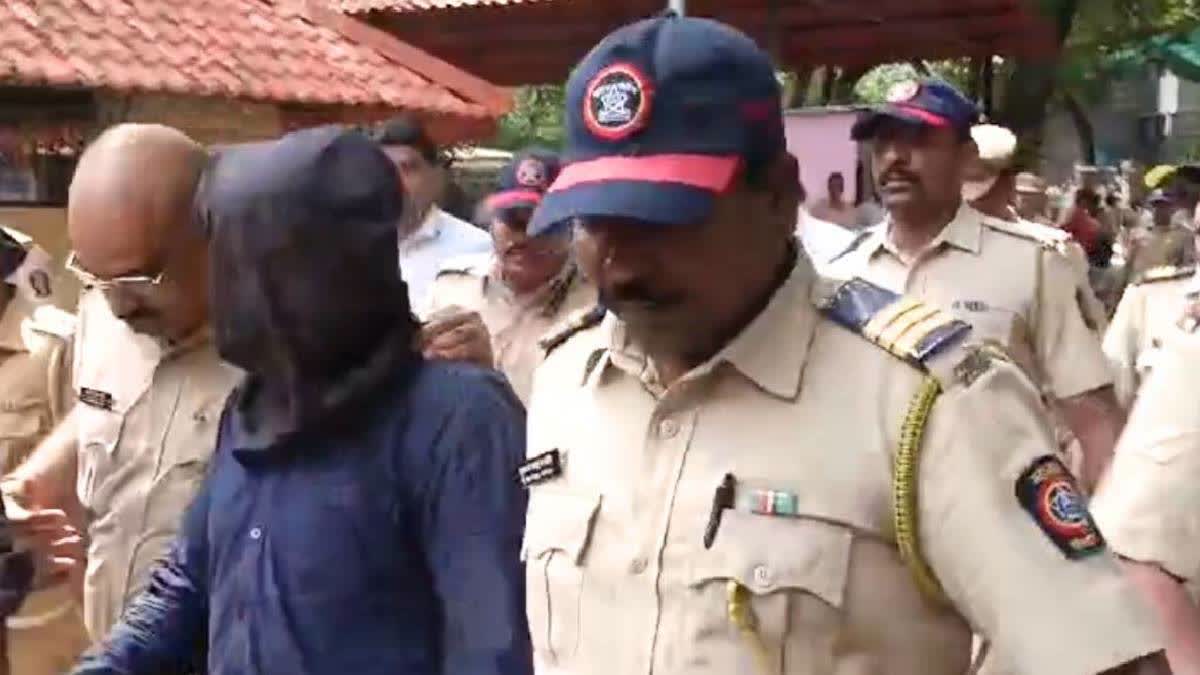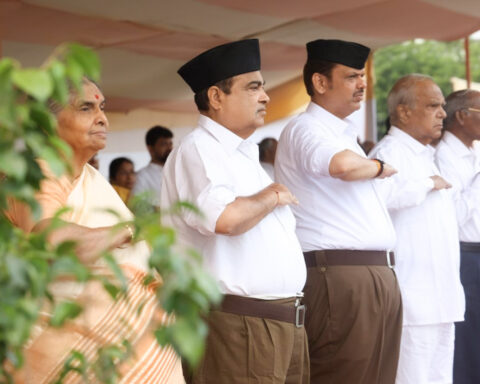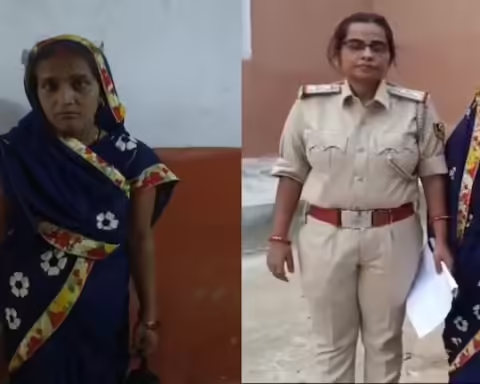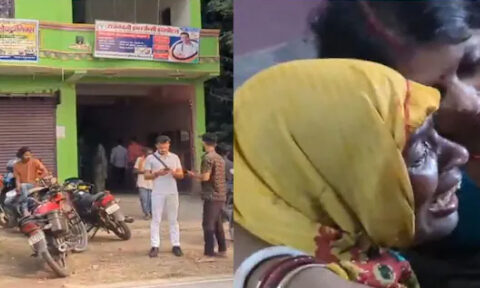New Delhi/ TNF
In the small town of Badlapur, Maharashtra, the summer of 2023 was marked by a tragic tale that unfolded like a dark cloud over the community. Two innocent girls, just three and four years old, had their lives irrevocably altered by the actions of Akshay Shinde, a janitor at their school.
Shinde had only been working at the Adarsh School for a couple of weeks when he preyed upon the girls, whom he had won over with his friendly demeanor. They called him “Dada,” a term that felt safe and familial. But behind that facade lay a predator who exploited their trust, committing unspeakable acts of abuse during the quiet hours of school.
When the girls finally revealed their horror to their parents, the community was thrust into a whirlwind of disbelief and anger. The parents banded together, urging the local police to take action. But their pleas fell on deaf ears at first. Senior Inspector Shubhada Shitole hesitated to file the FIR, a delay that only fueled the growing outrage among the townspeople.
Frustrated by the lack of immediate action, the community organized protests, demanding accountability. For hours, the local train services were brought to a standstill as voices rose in unison, calling for justice. The emotional weight of their demands was palpable; they were not just fighting for the two girls, but for every child’s right to safety.
Finally, after days of pressure, Shinde was arrested. But just as hope began to flicker, tragedy struck again. During a chaotic police transfer, he managed to grab a revolver, firing off rounds in a frantic attempt to escape. In the ensuing chaos, he was shot and later succumbed to his injuries. The man who had caused such pain was gone, leaving a void that could never be filled.
As the community processed this shocking turn of events, the Supreme Court prepared to hear a pivotal case regarding child protection laws. An NGO had stepped in, demanding stricter guidelines to safeguard children from such atrocities in the future. The need for systemic change had never been more urgent, as parents across the nation held their breath, hoping for a resolution that could prevent future tragedies.
Meanwhile, the chair of the Maharashtra State Commission for Protection of Child Rights, Susiben Shah, pointed fingers at the school for attempting to cover up the incident instead of supporting the families. She argued that timely action could have avoided the chaos and confusion that followed.
For the two little girls, the aftermath of their trauma was just beginning. The once-warm memories associated with the term “Dada” were now tainted with fear and betrayal. Their innocence was shattered, leaving scars that would take time to heal.
As the town awaited the court’s decision, one question lingered in the air: Would this tragedy lead to meaningful change, or would it be yet another chapter in a long history of negligence? The battle for justice was far from over, but the community remained determined to ensure that their voices would not go unheard, striving for a future where every child could feel safe once more.












